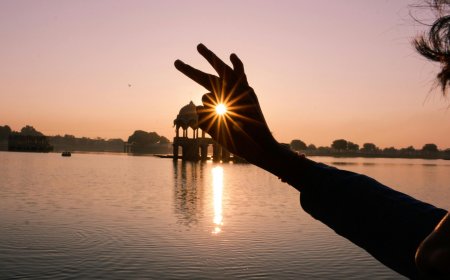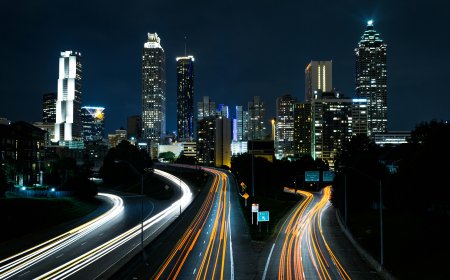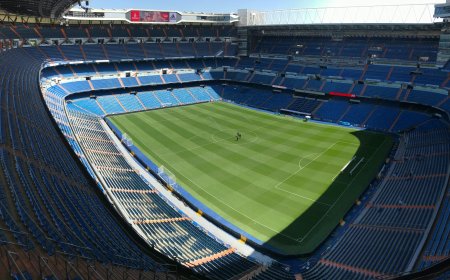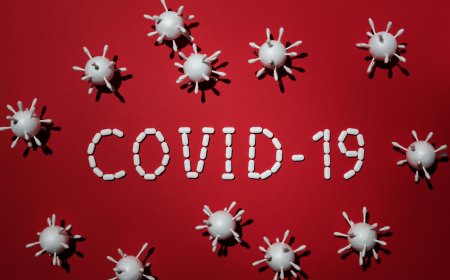Influential Thinkers of the Renaissance
Explore the minds of Renaissance thinkers whose ideas in art, science, and philosophy shaped modern Europe and inspired global innovation.
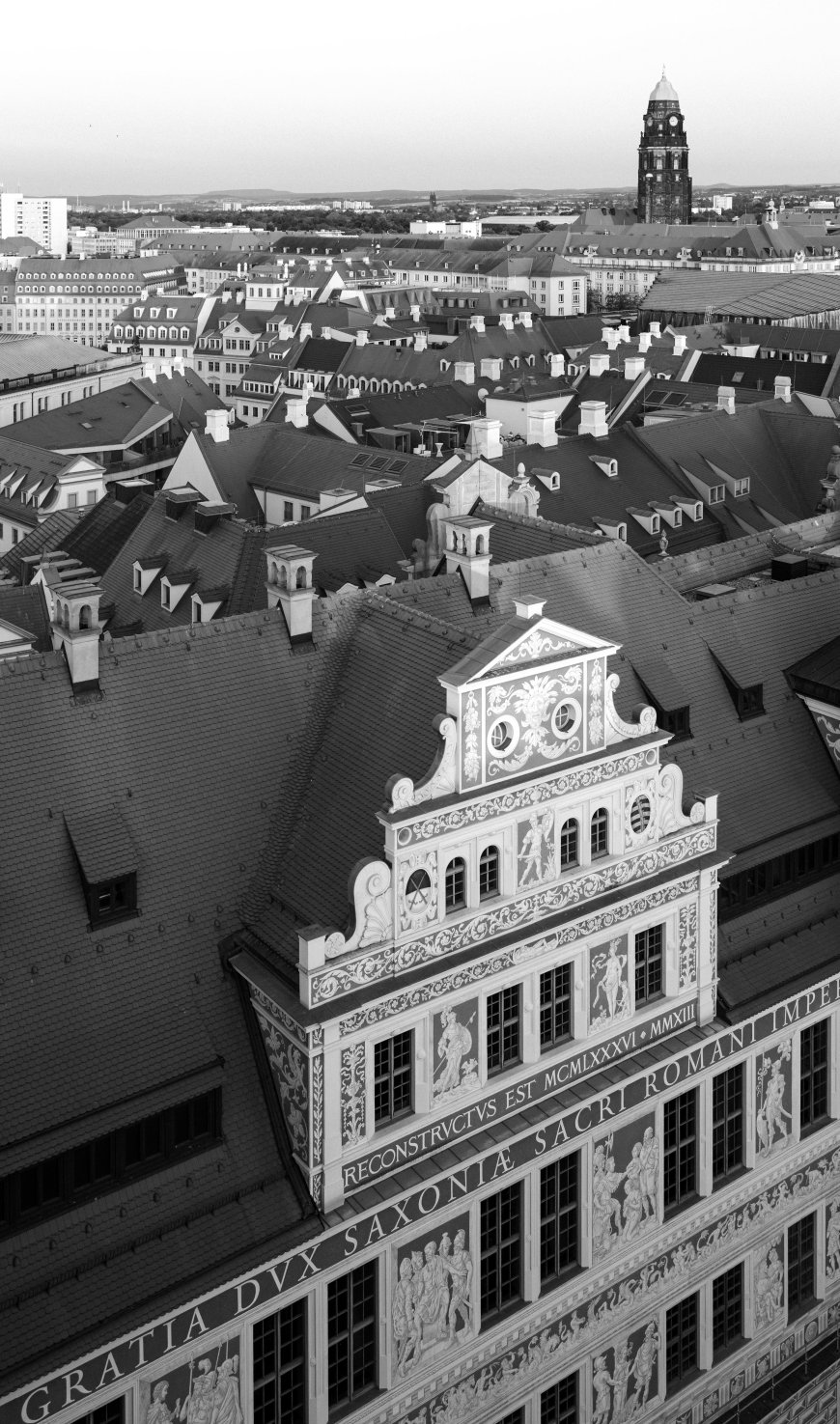
Influential Thinkers of the Renaissance
The Renaissance, spanning the 14th to 17th centuries, was a period of extraordinary intellectual and cultural growth. It marked the transition from medieval traditions to modern thinking.
Influential thinkers of this era challenged old assumptions, explored human potential, and laid the foundations for art, science, and philosophy that still resonate today.
Leonardo da Vinci: Genius Beyond Art
Leonardo da Vinci (1452–1519) was a polymath whose genius extended from painting to anatomy, engineering, and invention. Works like The Last Supper and Mona Lisa showcase his artistic mastery, while his notebooks reveal insights into anatomy, flight, and mechanics.
Da Vinci exemplifies the Renaissance ideal of human curiosity and interdisciplinary brilliance.
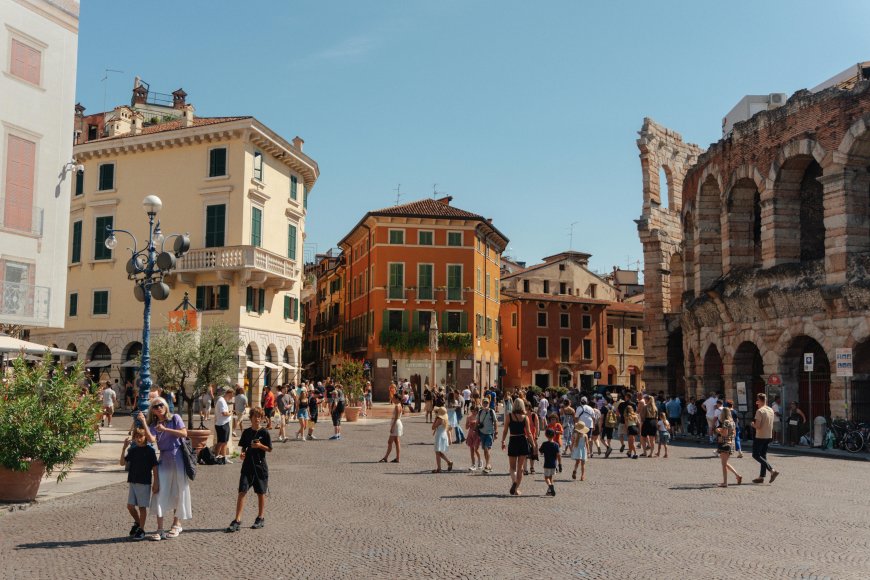
Michelangelo: Master of Sculpture and Vision
Michelangelo Buonarroti (1475–1564) revolutionized art through sculpture, painting, and architecture. His works, including the David and the Sistine Chapel ceiling, merged technical skill with profound emotional expression, influencing generations of artists.
Michelangelo’s dedication illustrates how creativity and vision can transform cultural landscapes.
Galileo Galilei: Father of Modern Science
Galileo Galilei (1564–1642) applied observation and experimentation to challenge traditional scientific thought. His support of heliocentrism and discoveries in astronomy laid the groundwork for modern physics and the scientific method.
Galileo’s courage in confronting dogma demonstrates the transformative power of evidence-based thinking.
Niccolò Machiavelli: Political Realism
Niccolò Machiavelli (1469–1527) analyzed political power with unmatched insight. His seminal work, The Prince, explored leadership, statecraft, and the pragmatic use of power, influencing political theory for centuries.
Machiavelli’s work highlights the intersection of philosophy and practical governance.
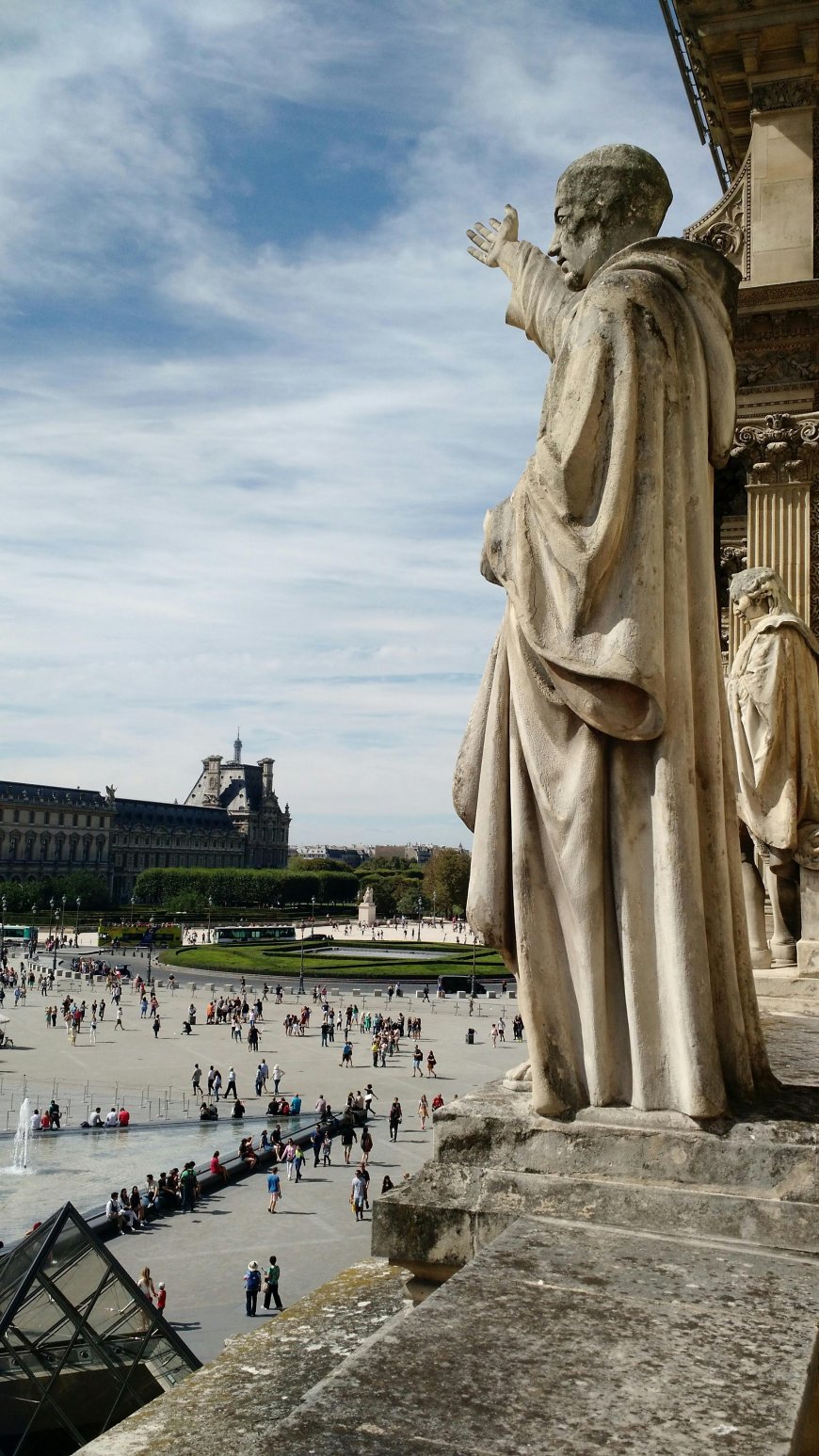
Desiderius Erasmus: Humanist Thinker
Desiderius Erasmus (1466–1536) championed humanism, emphasizing education, morality, and the study of classical texts. His writings encouraged critical thinking and ethical reflection, contributing to reforms in religion and society.
Erasmus demonstrates how intellectual exploration can inspire societal progress.
Why Renaissance Thinkers Matter
Renaissance thinkers expanded the boundaries of human knowledge and creativity. Their art, science, and philosophy challenged norms and inspired exploration of the human experience.
Studying these figures helps us appreciate the origins of modern science, politics, and culture.
FAQs
Q1: Who was Leonardo da Vinci?
A1: A polymath of the Renaissance known for art, science, and invention, including the Mona Lisa and anatomical studies.
Q2: What are Michelangelo’s most famous works?
A2: The David sculpture and the Sistine Chapel ceiling.
Q3: Why is Galileo Galilei significant?
A3: He pioneered modern science and confirmed heliocentrism through observation and experimentation.
Q4: What did Machiavelli write?
A4: The Prince, a foundational work on political strategy and leadership.
Q5: How did Erasmus influence society?
A5: Through humanist writings promoting education, morality, and critical thinking.
What's Your Reaction?
 Like
0
Like
0
 Dislike
0
Dislike
0
 Love
0
Love
0
 Funny
0
Funny
0
 Angry
0
Angry
0
 Sad
0
Sad
0
 Wow
0
Wow
0








